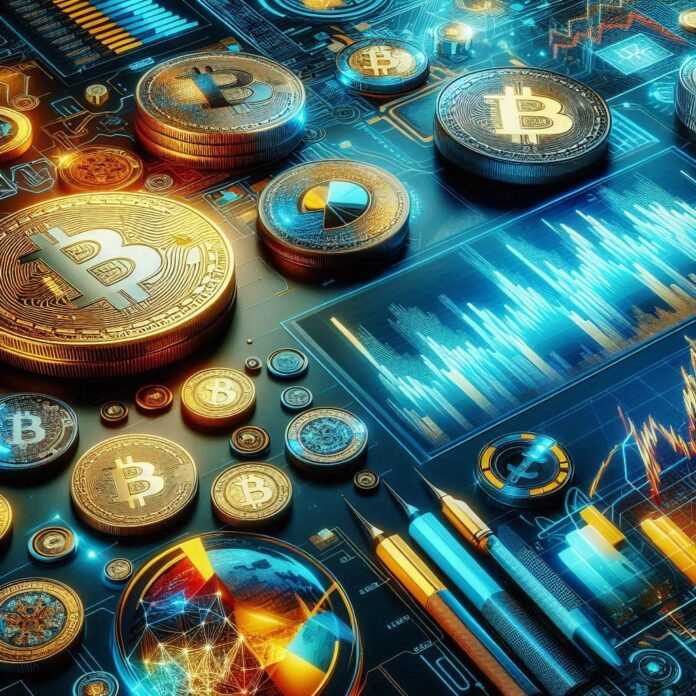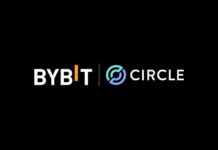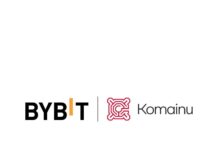
By Erik Voorhees
When most people hear about Bitcoin, whether for the first or the tenth time, they ask one simple question: “What is it?”
Like an automobile, Bitcoin is technically advanced, and it can appear complicated, depending on how much you want to know about it. But also like an automobile, it doesn’t require you to be a technical expert in order to use it—and for it to change the way you interact with the world.
Here’s what you need to know. Generally speaking, Bitcoin is two things:
1) A payment network (“Bitcoin”);
2) The currency unit used on that network (“bitcoins”).
Thus, as both a payment network and the specific currency used on that network, you use “Bitcoin” to receive and send “bitcoins” from and to other people.
To clarify, take a look at the relationship between PayPal and U.S. dollars. PayPal is a payment network, but not a currency. In contrast, the U.S. dollar is a currency, but not a payment network. You use the PayPal payment network to make transactions in U.S. dollar currency.
The PayPal payment network is operated and centrally controlled by one company (PayPal Inc.), and the U.S. dollar is created and centrally controlled by one organization (the U.S. federal government).
Here’s where things get important, revolutionary—and a little weird.
The Bitcoin payment network, unlike anything else before it, is decentralized. It is not controlled by any company or organization. That fact alone is its core “value-add.” Bitcoin’s decentralization is why it’s unique and revolutionary.
The Bitcoin network is like file-sharing: it’s a network of computers that talk to each other, but nobody controls the network itself (there is no central server).
The bitcoin currency unit itself is similarly not created or controlled by any central party. Bitcoins are created by the network itself over time, in a process that distributes the new coins to those computers that are supporting and operating the network. The number of coins created in this way is limited according to a clear mathematical schedule. As of this writing, there are 15.8 million bitcoins in existence, and this will continually increase over time to a maximum of 21 million bitcoins many years in the future.
Unless you care about how Bitcoin accomplishes this, the above is really all you need to answer the question, “What is Bitcoin?” It’s a payment network, and a currency used on that network, which are controlled by no central party. People control their own bitcoins. The number of bitcoins in existence is limited by the rules of the protocol.
Perhaps the more important question is, “Why should I care?”
While computer engineers and mathematicians might find Bitcoin’s technical details fascinating, most people don’t really have the time for those complexities—just as most people don’t spend time worrying about exactly how the internet works. We trust that it does, we enjoy its benefits, and we know enough about it to use it.
And while it’s true that Bitcoin permits financial transactions that have essentially zero cost, that can occur instantly anywhere in the world, these consumer benefits are not really what’s important, either.
The real magic of Bitcoin, the reason it’s so newsworthy, comes from the consequences of its existence.
The fact that Bitcoin is decentralized, with no controlling entity, has fundamental implications. Because there is no central control, the power of the currency and its payment network belong entirely to the people who use it. And this power is tremendous indeed.
Bitcoin enables any two people, anywhere on earth, to transact with each other freely. They cannot be censored. The only rules of their exchange are those they set between themselves.
With Bitcoin, there is no third party presiding over the economic activity of the users. With Bitcoin, you don’t need anyone’s permission when you make a financial decision. This means people can contribute to causes they believe are important, with no government agency or financial company able to cut off the payment flow. It means an entrepreneurial child can start an internet business before he or she is 18. It means a rural African farmer can receive payment for crops from a neighboring city, even with no bank account. It means a citizen of a tyrannical nation can hide his financial assets from seizure. It means the wealthiest and the poorest of the world now have the same authority over their money – beholden neither to banks nor bureaucrats. It democratizes finance just as the internet democratized speech.
With Bitcoin, economic relationships are set and regulated by markets instead of politicians. By the individual, not the collective. The value of one’s savings now cannot be reduced through monetary debasement (i.e. inflation). Trade between individuals is now the business of only those individuals.
Certainly, some of these implications are controversial. Indeed, they will have a profound impact on human society, just as all great technological achievements do. A good way to think of it is that Bitcoin represents the separation of money and state—the ability to “practice one’s own economic behavior” without the permission of anyone else. It offers privacy in an age of surveillance, and honesty in an age of manipulation.
So what is Bitcoin? It is a payment technology, sure. But more than that, it is a social and economic experiment. It is a project that, if successful, will change the relationships between humans on a fundamental level. Its implications have just barely been explored.
Like any experiment, it can fail, but the genie is now out of the bottle. While this genie goes about its business, many things you take for granted will likely change. The changes will be beneficial, especially if you know something about them in advance. Remember the dawning of the internet. And educate yourself now on the phenomenon that is Bitcoin.
Erik Voorhees, CEO of ShapeShift.io, is recognized as one of the world’s leading Bitcoin entrepreneurs. Voorhees passionately advocates for Bitcoin, which he considers among the most important inventions in history. As a featured guest on Bloomberg, Fox Business, CNBC, BBC Radio, The Peter Schiff Show and at numerous Bitcoin and industry conferences, he has asserted that “there is no such thing as a ‘free market’ when the institution of money itself is centrally planned and controlled.” His writings address “the human struggle for the separation of money and state,” with Bitcoin as the instrument by which the future will happen.
[newsletter_form lists="1"]










